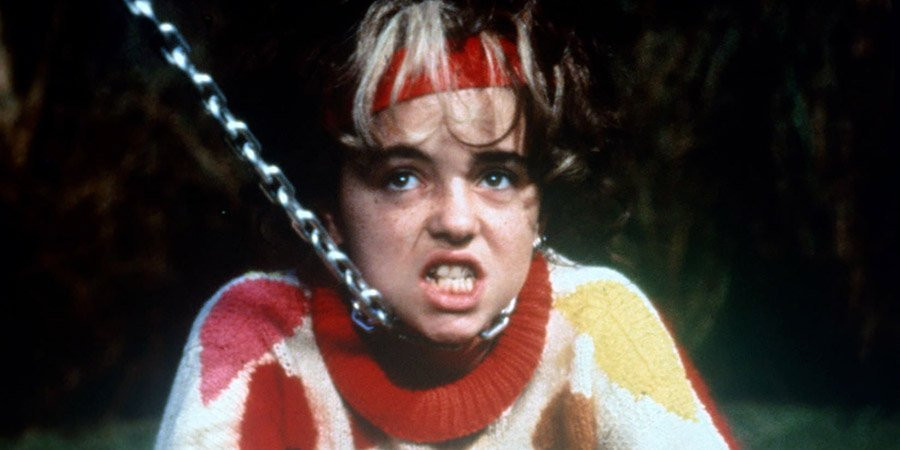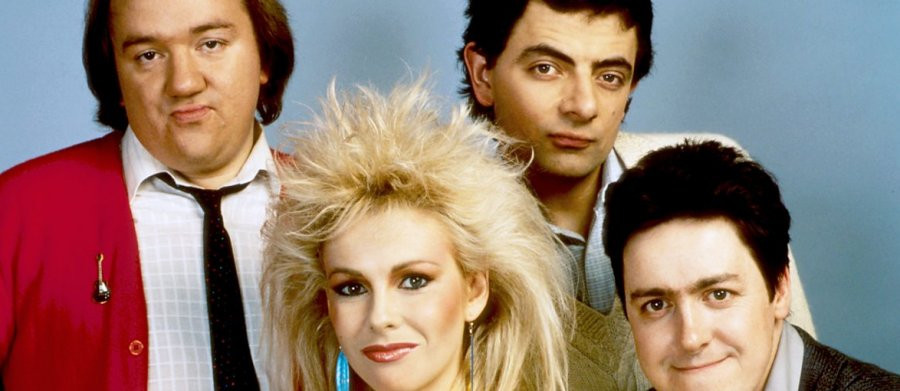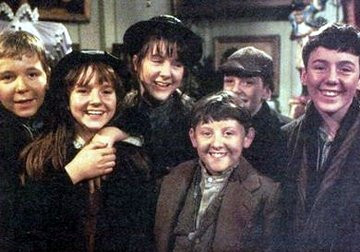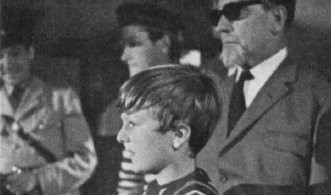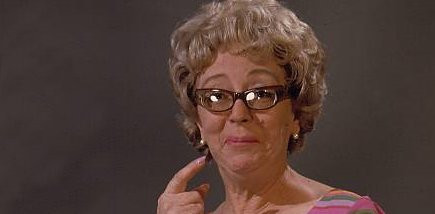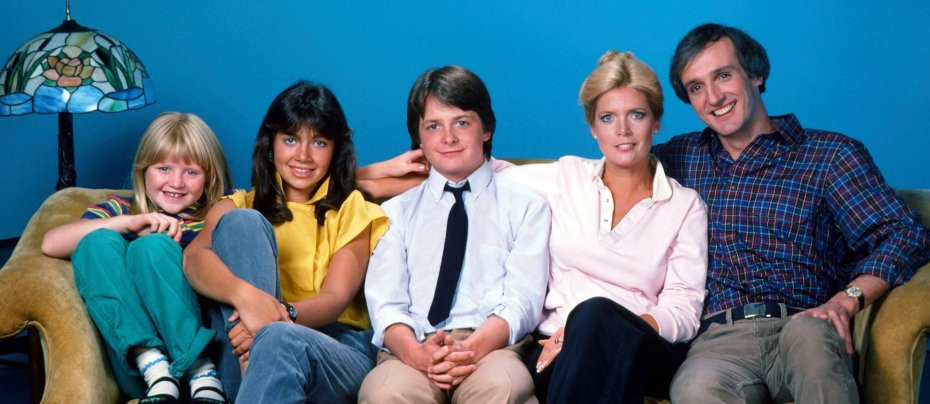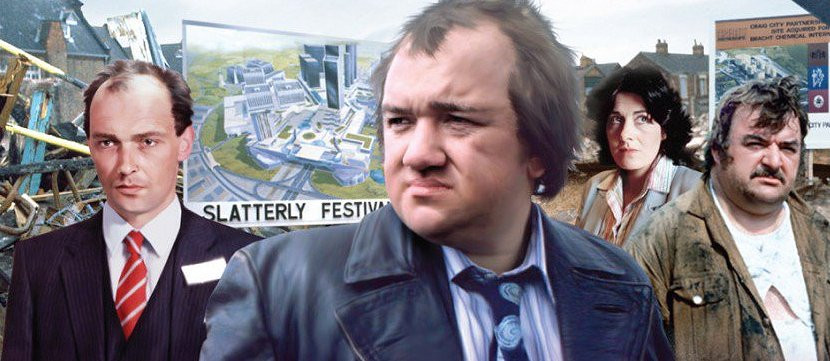
Muck and Brass
1982 - United KingdomAlthough barely mentioned in his obituaries, Muck and Brass was possibly the late Mel Smith's finest hour as an actor - even if it's hard to imagine anything further from the comedy roles for which he is remembered so fondly than this bitterly realistic urban drama.
Smith is simply perfect as Tom Craig, a seedy, sullen but strangely magnetic property developer on the make in a fictional Midlands city during the early 1980s. Watching this for the first time in 30 years - with, in between, considerable experience of local government in a similar provincial city later in the decade - it is simply breathtaking how accurately the cast and the writer, the undeservedly forgotten Tom Clarke, sum up the good, the bad, and the ugly of the Thatcher Years.
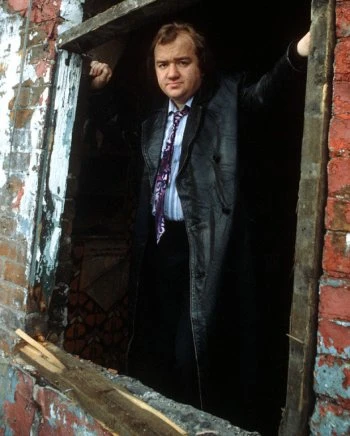
Almost every major city had its flagship renewal project like this series' `Slatterly Festival': some were extremely successful, laying the foundations of future prosperity, but at the price of a lot of dirty dealing behind the scenes.
Clarke, a barrister, has a wonderful eye for the details of technicalities like share structures, planning permissions, and local authority tendering. He also understands, as Alan Bleasdale did not in his over-rated GBH, that local politics in the last two decades of the 20th century was usually less about Socialist-versus-Tory grandstanding than about the lower profile but far more ruthless struggle between old-guard municipal barons and Thatcherite - or, later, on the Labour side, Blairite - modernisers. That has never been portrayed as perceptively it is here.
Against this background, Craig's rise from a seedy middleman to the head of a major corporation plays out as a sort of morality tale, or rather lack-of-morality tale. Smith's great achievement is to keep us involved with a deeply unpleasant man: we never get to like Craig or care about him, but we do care what happens to him.
The support cast is excellent, including two of Smith's fellow comics, Jim Bowen and Paul Shane, also playing it straight to good effect. Best of all are two rising stars of the late 1970s and early 1980s, Darien Angadi as Craig's accountant - a superb blend of unscrupulousness and primness - and James Faulkner as the painfully ambitious Conservative Leader of the Council. Sadly, it was Angadi's last role before his tragically early death at 32 and Faulkner did not find leading roles worthy of his talents in the Dark Age of British Television Writing that followed in the 1990s.
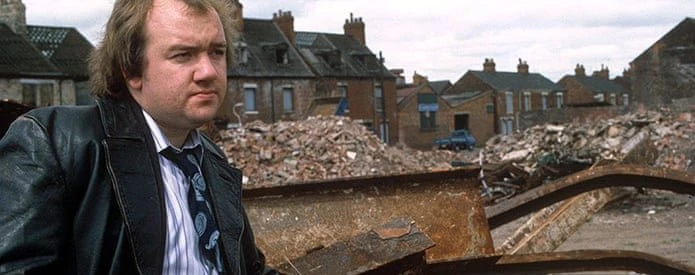
Indeed, it is hard to think of a contemporary drama from the UK that has been done better in the three decades since this was first shown. It is a shame Smith never got to do a sequel: it would have been interesting to see how Tom Craig fared in the 1990s and the 2000s: one suspects he would have done very well for himself.
Seen this show? How do you rate it?
Seen this show? How do you rate it?
Published on September 11th, 2019. John Winterson Richards.


